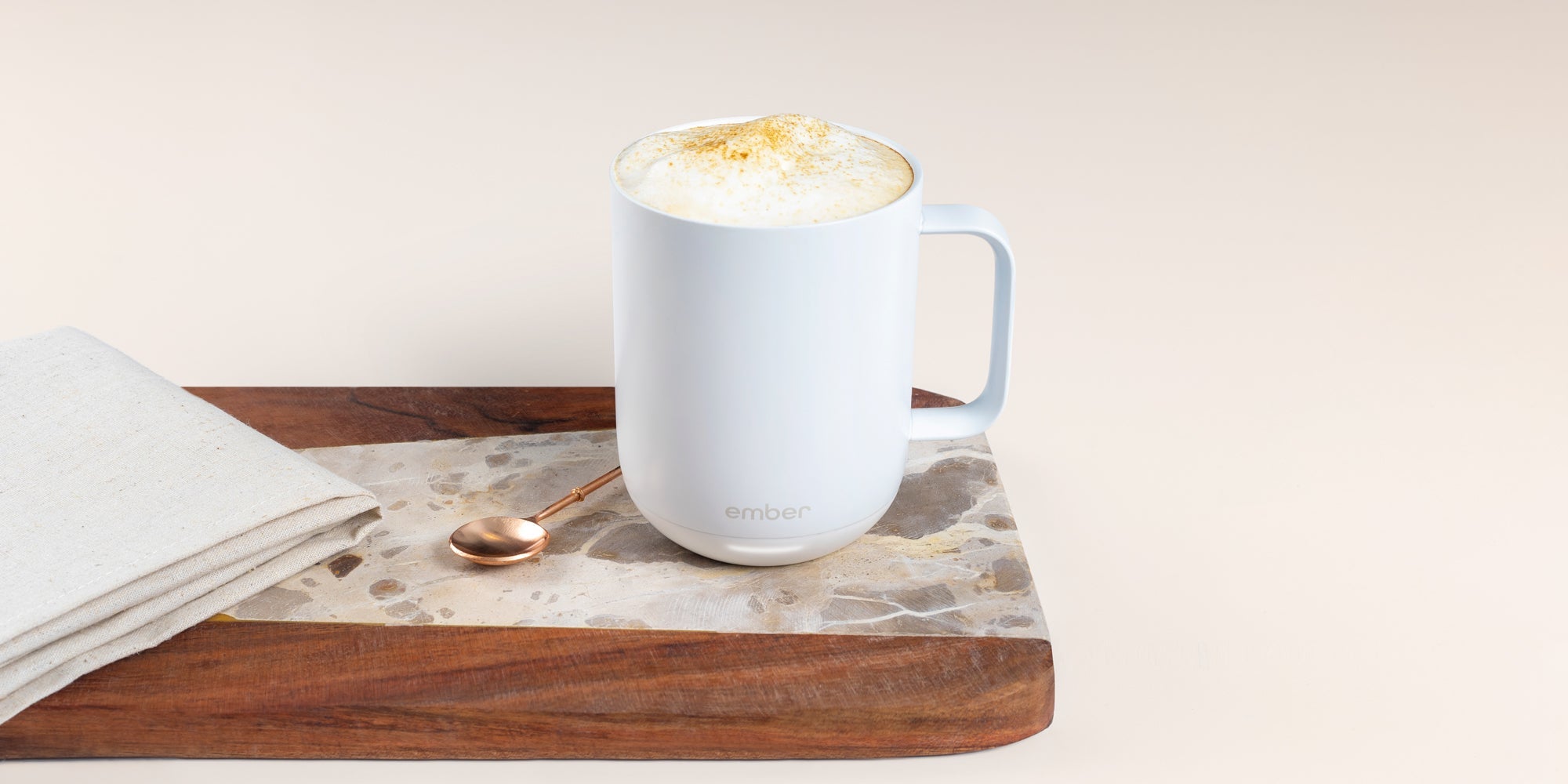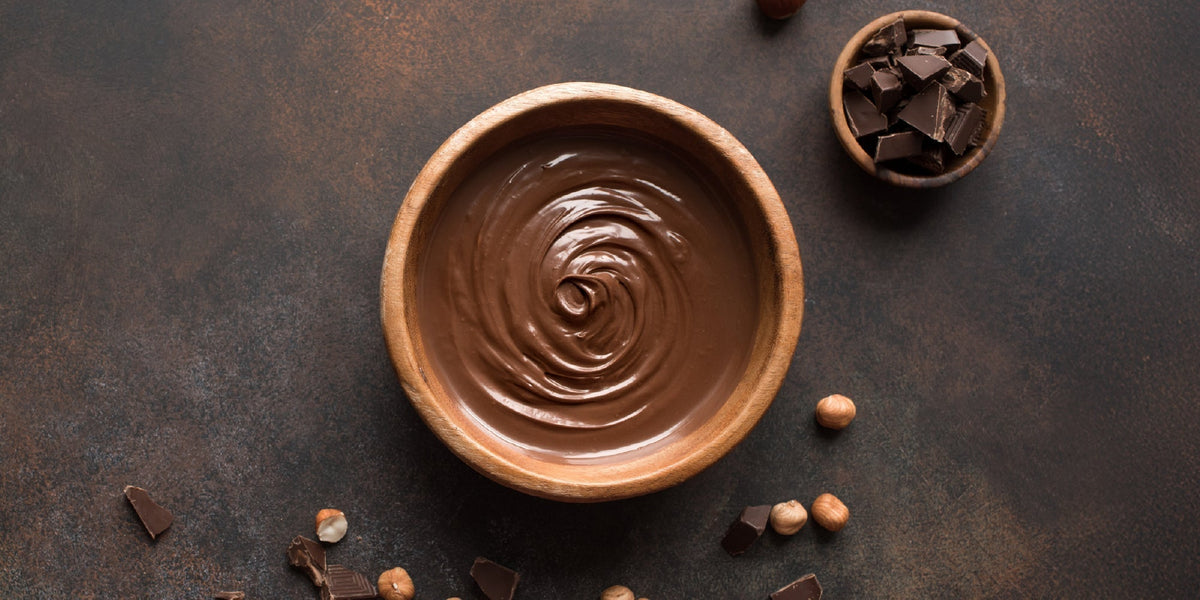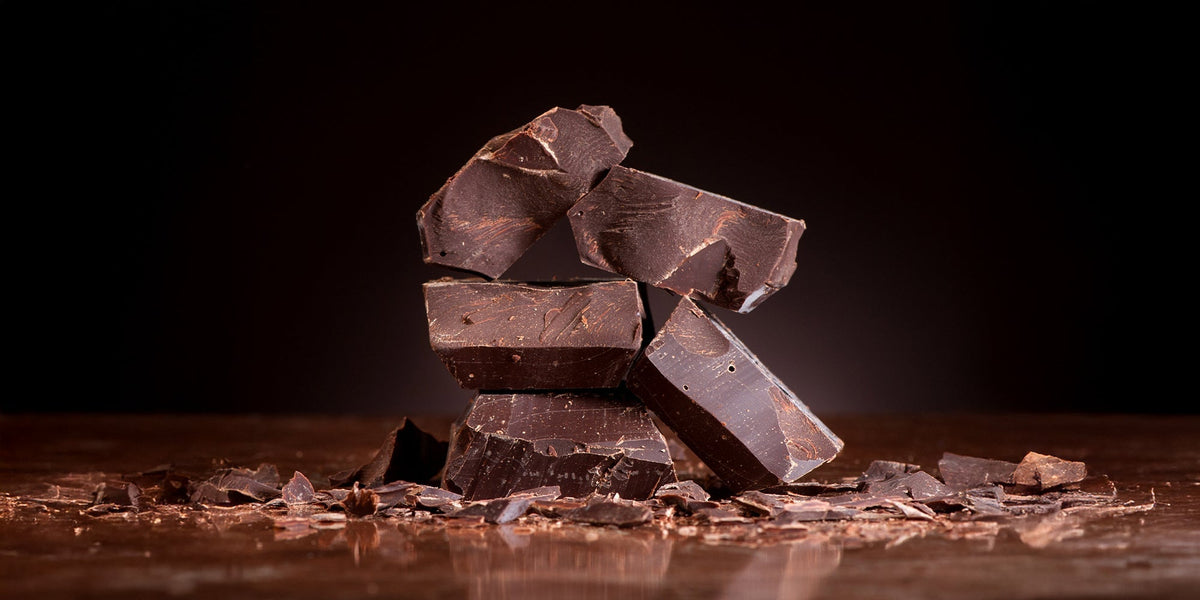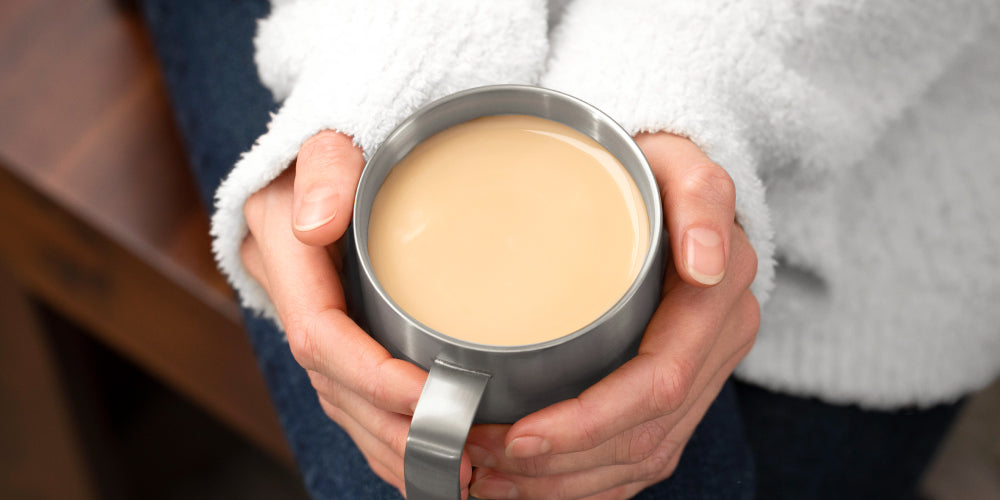
All About Mushroom Coffee
If you haven’t seen your favorite influencer or wellness blog touting the benefits of mushroom coffee, you will soon. Mushroom coffee has been gaining popularity for years for its reported ability to improve focus and health while reducing the crashes and jitters that many experience with regular coffee. And if you’re wondering, no, it doesn’t taste like mushrooms. Still skeptical about giving this trend a try? Here’s what you should know:
What Is Mushroom Coffee?
In most cases, mushroom coffee is ground or instant coffee with added dried mushrooms. Simple enough, right? But why would you add mushrooms to coffee in the first place? And how does it taste? Keep in mind these aren’t the same mushrooms you cook with, so they won’t taste like shiitake or portobello. Instead, mushroom coffee is made with adaptogenic mushrooms that have long been used for medicinal benefits. They typically don’t have a huge impact on the taste of the coffee, so you’ll feel like you’re drinking a regular cup of joe.
Sometimes mushroom “coffee” actually isn’t coffee at all. These same medicinal mushrooms have also become popular in coffee alternatives. While they’re sometimes brewed by themselves, more often, they’re added to blends with other ingredients like cacao.
Mushroom Coffee Benefits
Nearly all edible mushrooms are high in antioxidants and polyphenols, but the types of mushrooms used in mushroom coffee boast a few other benefits, as well. While these benefits aren’t necessarily proven, there is some scientific evidence to support many of the claims – not to mention thousands of mushroom coffee fans who rave about improved focus, endurance, and more. Here are the four most common types of mushrooms you’ll find in mushroom coffee blends:
Lion’s Mane
Lion’s mane has documented brain-boosting benefits, and many people report improved focus, alertness, and mental clarity when drinking lion’s mane mushroom coffee.
Cordyceps
Cordyceps mushrooms are believed to improve athletic performance and endurance by increasing the body’s production of adenosine triphosphate. Like other mushrooms, they’re also anti-inflammatory and may help with digestion.
Chaga
Chaga mushroom coffee is popular for its high antioxidant content, potential immune-boosting effects, and its taste. Its earthy flavor is similar to that of coffee, making it a popular choice as both a coffee alternative and an addition to mushroom coffee blends.
Regardless of the type of mushroom in the blend, most mushroom coffee is lower in caffeine than traditional coffee. Unsurprisingly, fans of mushroom coffee often say it leaves them less jittery and likely to crash than regular coffee.
Reishi
Reishi mushroom coffee is known for its calming effect and is thought to help counteract the anxiety and jitters some people feel when they drink coffee.
Our Favorite Mushroom Coffee Brands
Whether you want a coffee alternative or a true mushroom coffee, these brands are a great place to start:
The pioneer in making mushroom coffee mainstream. Four Sigmatic offers the widest variety of mushroom coffee products, including ground coffee, pods, instant coffee, as well as coffee alternatives like cacao, matcha, and pure mushroom powders.
Moon Juice offers mushroom latte mixes, as well as mushroom powders that you add to your coffee or other drinks.
MUD\WTR is a popular coffee alternative that includes cacao, chai spices, and four types of mushrooms.
The Chaggaccino is a cocoa-based coffee alternative with chaga mushrooms.
Mushroom Latte Recipe
For most people, mushroom coffee is more about the health benefits than the taste, but that doesn’t mean drinking it should be a chore. Whether you’re using real coffee with mushrooms or a coffee alternative, this simple mushroom coffee latte is a great way to get the benefits of adaptogenic mushrooms while sipping on something you love.
What You'll Need
- 4 oz of brewed mushroom coffee
- 4-6 oz of milk of choice
- ¼ tsp vanilla extract (optional)
- ½ tsp honey or preferred sweetener (optional)
Directions
- Warm milk in microwave or on stove.
- Froth milk using a whisk, blender, or French press.
- Combine all ingredients and enjoy!
Related Articles

Nutella Mocha Latte
If you love the smooth, rich taste of the internationally beloved hazelnut spread known as Nutella, look further because we have just the latte for you.





